Managing Trauma Workbook for Teens
£50.99
When people think about and talk about the experience of trauma, and managing trauma, there is a tendency to associate the condition with adults, however, trauma is also experienced by children and teens.
For many children who experience trauma, reactions and problems do not manifest themselves until adolescence or adulthood.
For teens, the symptoms related to a traumatic event are much the same as those for adults. Effects and reactions to trauma are significant and stressful. Teens who go through a personal event involving trauma, or who are exposed to an overwhelmingly stressful event or series of events, will continue to emotionally and physically re-experience the event and suffer from it repeatedly, possibly for a long time. Trauma can be life-changing. The activities in the Managing Trauma Workbook for Teens can be a tremendous benefit to any teenager who has experienced stress from a traumatic episode.
Because there are so many ways stress from a traumatic event can manifest itself, symptoms can be very difficult to identify and manage. It is critical to be aware of, and to understand, how symptoms are commonly experienced. Although most or all symptoms do not have to be present, those that are present will typically cause significant distress and/or impairment in a person’s daily functioning.
Our main goal for this workbook is NOT to diagnose a mental illness, or expect the facilitator to make that diagnosis from this book’s content. Our goal is to touch on some of the symptoms and possibilities, create realizations, and provide coping methods which will help people to go forward and perhaps consider the possibility of the need for consideration of medications and therapy.
Our secondary goal is to help teens recognize that other people have the same issues, that no shame is connected to them and that mental health issues of any degree are not to be stigmatized nor should anyone need to feel like a victim of stereotyping. In this workbook, we use the phrase mental health issues in order to include ALL types of trauma symptoms and problems, from just losing one’s temper to indicators of a serious mental illness.
The reproducible awareness modules contained in the Managing Trauma Workbook for Teens will help you identify and select assessments and activities easily and quickly:
- Module I: My Story
- This module will help teens share all aspects of their story in a safe way and put it into a positive perspective.
- Module II: My Escape-ism
- This module will help teens explore the various ways that they avoid and numb themselves to forget their traumatic experience, and provide tools for coping with these symptoms.
- Module III: My Transition
- This module will help teens explore ways that they can effectively manage trauma and move on from their traumatic experience.
- Module IV: Tools for Coping
- This module will help teens explore the various ways that they re-experience their trauma and provides tools for coping with these symptoms.
- Module V: Erasing the Stigma of Mental Health Issues
- This module will help teens explore the stigma of having experienced a traumatic event in their lives and the impact that the stigma has on them.
Only logged in customers who have purchased this product may leave a review.
Related Products
Feelings & Emotions
Feelings & Emotions
MENTAL HEALTH & WELL-BEING
Abuse & Domestic Violence
Emotional Intelligence & Empathy
Working with Attachment Difficulties in School-Aged Children
Emotional Intelligence & Empathy
HINTON HOUSE PUBLISHERS
HINTON HOUSE PUBLISHERS

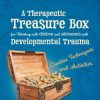
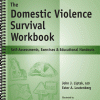
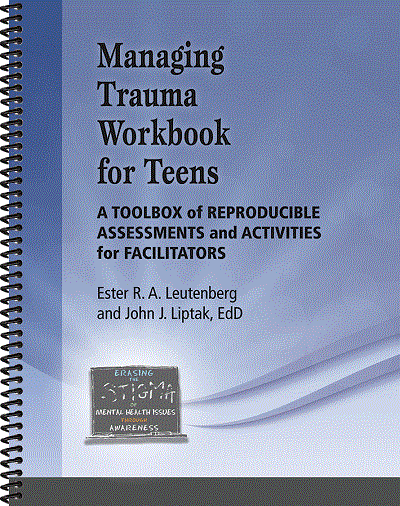
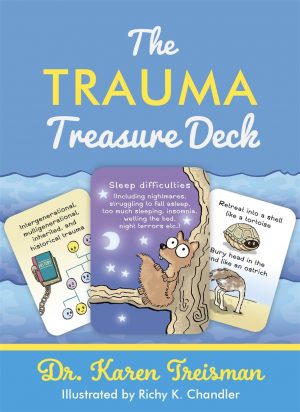
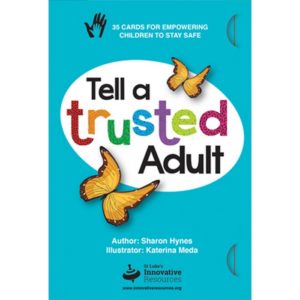

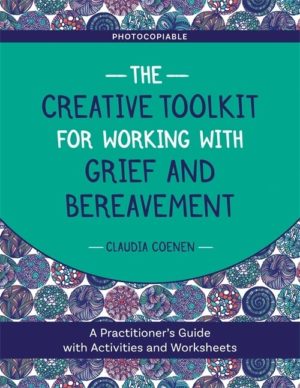
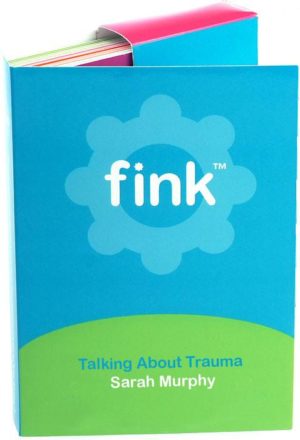
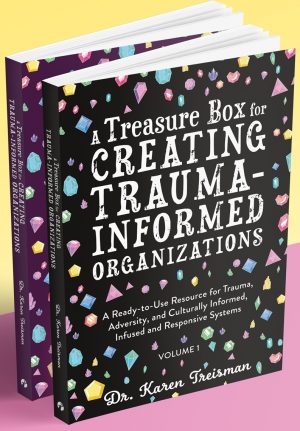

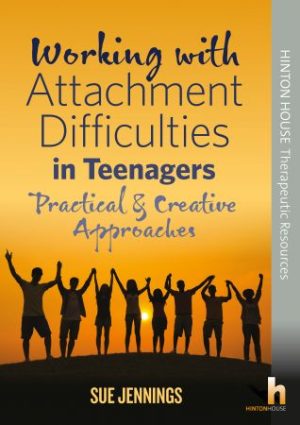
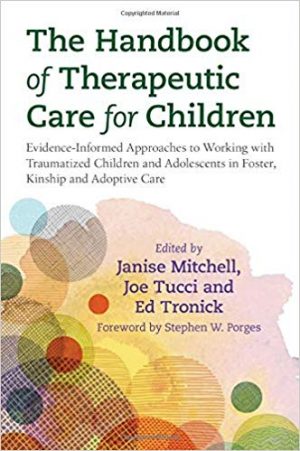

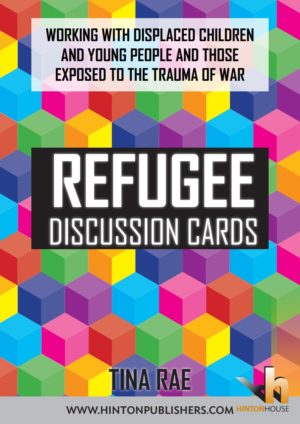
Reviews
There are no reviews yet.